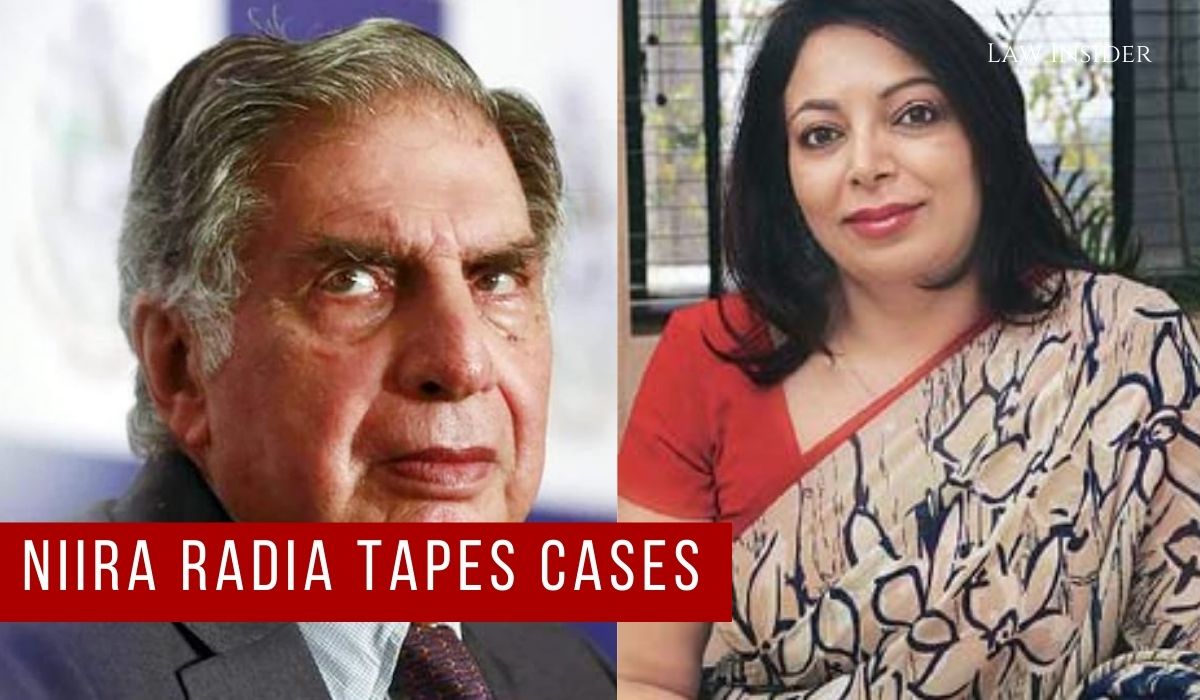Sakina Tashrifwala
Published on: September 22, 2022 at 22:06 IST
The Central Bureau of Investigation (CBI) informed the Supreme Court on Wednesday that no criminality was discovered by the central agency in the transcripts of the leaked tapes during a hearing of the petition filed by industrialist Ratan Tata in 2010 for the enforcement of the right to privacy following the leaks of Niira Radia tapes.
Ms. Aishwarya Bhati, Additional Solicitor General, submitted the document.
The Radia tapes controversy concerns telephonic exchanges between prominent politicians, journalists, ministers, and businesses and Radia, a corporate lobbyist.
The Income Tax Department had tapped Radia’s phone between 2008 and 2009. These tapes provide a transcript of around 5800 conversations. The media was exposed to the recorded chats in 2010.
ASG Bhati informed the court, which was made up of Justices DY Chandrachud, Hima Kohli, and PS Narasimha, that the CBI had been ordered by the Supreme Court to look into the Niira Radia tapes by order dated October 17, 2013.
The report was then presented before the Apex Court in sealed cover after fourteen preliminary enquiries had been filed, the court was informed.
She said that the Apex Court has acknowledged receiving the report provided by the CBI in the following manner in its decision from April 29, 2014:
“The Registry is directed to keep the report submitted by the Central Bureau of Investigation in sealed covers and further not to open those sealed covers without the leave of the Court.”
Bhati noted that the CBI had asked the Court for permission to launch an additional investigation. However, since no criminal activity was discovered in the 14 inquiries, CBI ultimately decided not to push for the requested petition.
She advised the Bench that the three broad rulings given by the Supreme Court were as follows:
- Right to privacy vis-a-vis the Government;
- Right to privacy vis-a-vis the Press; and
- Right to know information.
Bhati argued that nothing in the current case survived the decision of the 9-Judge Bench of the Supreme Court in K. Puttaswamy vs. Union of India (privacy verdict).
In addition, it was said that the related petition filed by the Centre for Public Interest Litigation, which was only a response to the case filed by Tata, could also be dismissed. The government should be ordered to divulge all 5800 chats, according to CPIL’s prayer.
In order to prove the greater public interest, attorney Prashant Bhushan, who was speaking on behalf of CPIL, gave a brief history of the situation:
“The conversation which was recorded by someone in the income tax department was leaked to the media. It was of the lady who was a corporate lobbyist for two of the most important companies in the country, Reliance and Tata.”
“It revealed business practices, strategy to influence people…That is why it became a matter of such public importance.”
He claimed that he asked for the formulation of rules in one of his prayers. He claimed that India does not yet have a Data Protection Act. He informed the court that although a bill existed, the Union Government ultimately decided to drop it.
Justice Chandrachud advised Bhushan that if his client is wronged in any way that goes beyond the parameters of Tata’s plea, he is free to bring a different petition.
The Bench postponed the hearing after requesting clarification from Bhushan regarding his position regarding his current petition.
After the Dussehra holiday, the issue will probably be discussed again.
ASG Bhati requested authorization to submit a brand-new status report on behalf of the CBI. She was given permission by the Bench to record it.

